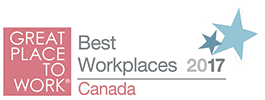Blog, News, & Resources
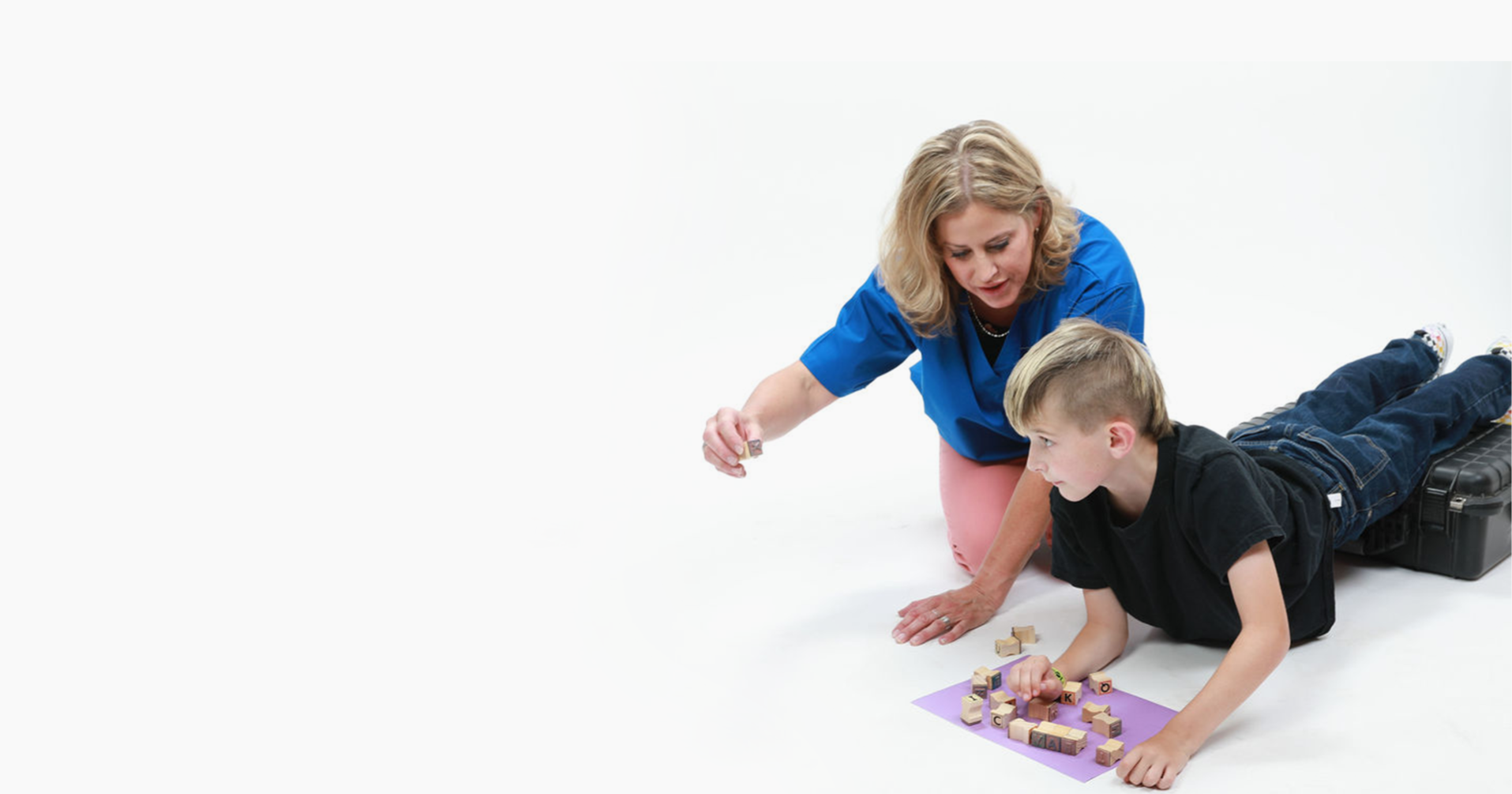
Subscribe to Updates here




1 Tulip Craft, 8 Speech, Language, and Occupational Therapy Activities
April 16, 2024
We were looking for something fun and easy to do with our students this month that didn't require all sorts of special supplies and that would bring...

3 Winning Telepractice Models
April 2, 2024
Administrators and clinicians nationwide are raising inquiries regarding telepractice implementation in school environments. These dialogues involve...

Chris Olson, Erica Intilangelo Form Dynamic SLP Team at Oregon Middle School
March 28, 2024
An Oregon native, speech-language pathologist Chris Olson has spent the majority of her career working in Oregon public schools at the elementary...
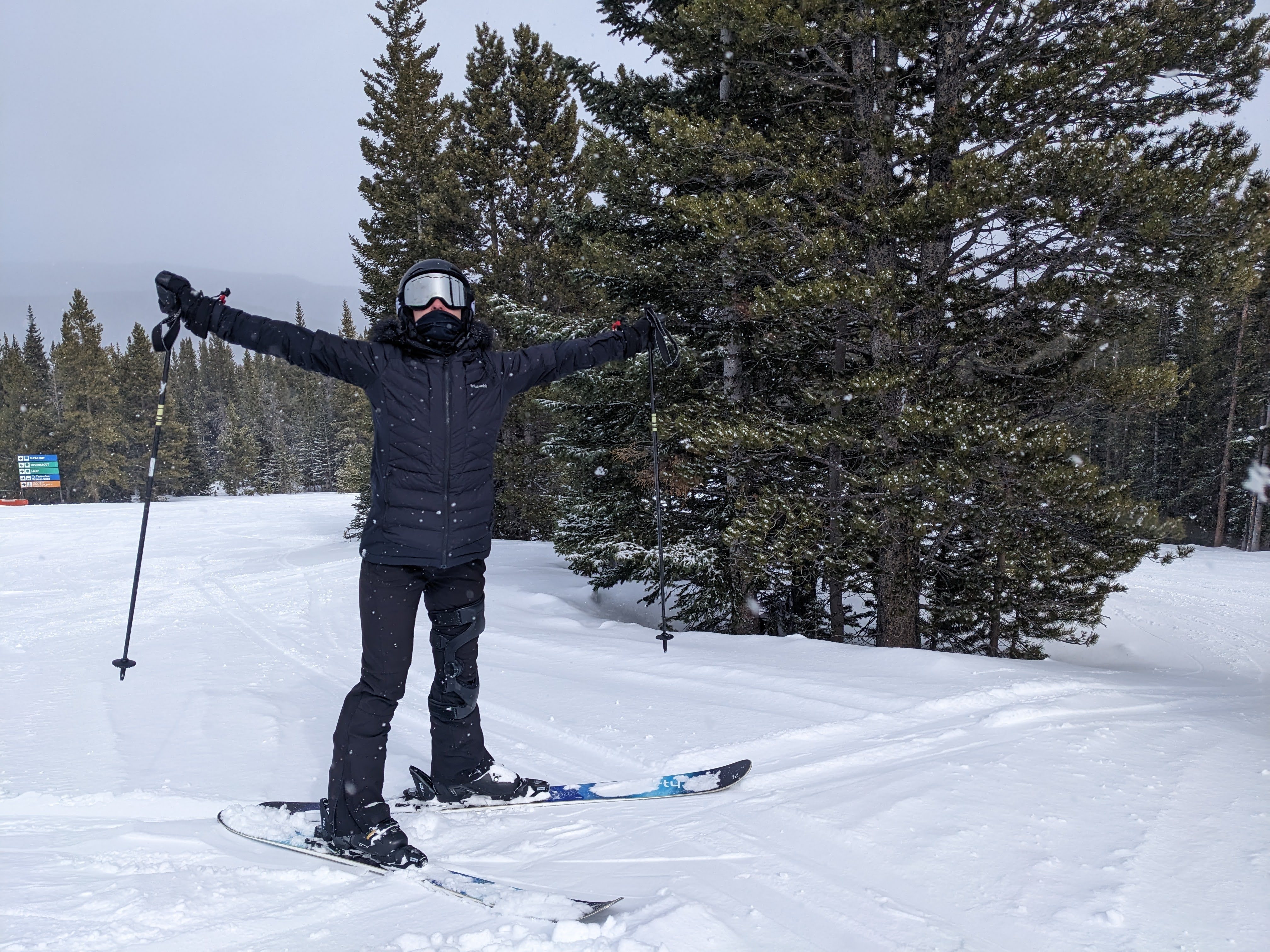
Amanda Wallace Enjoying SLP Remote Career, Work-Life Balance
February 29, 2024
Colorado resident serving school districts in Oregon In college, Amanda Wallace worked as a behavioral aide, helping families take care of their...
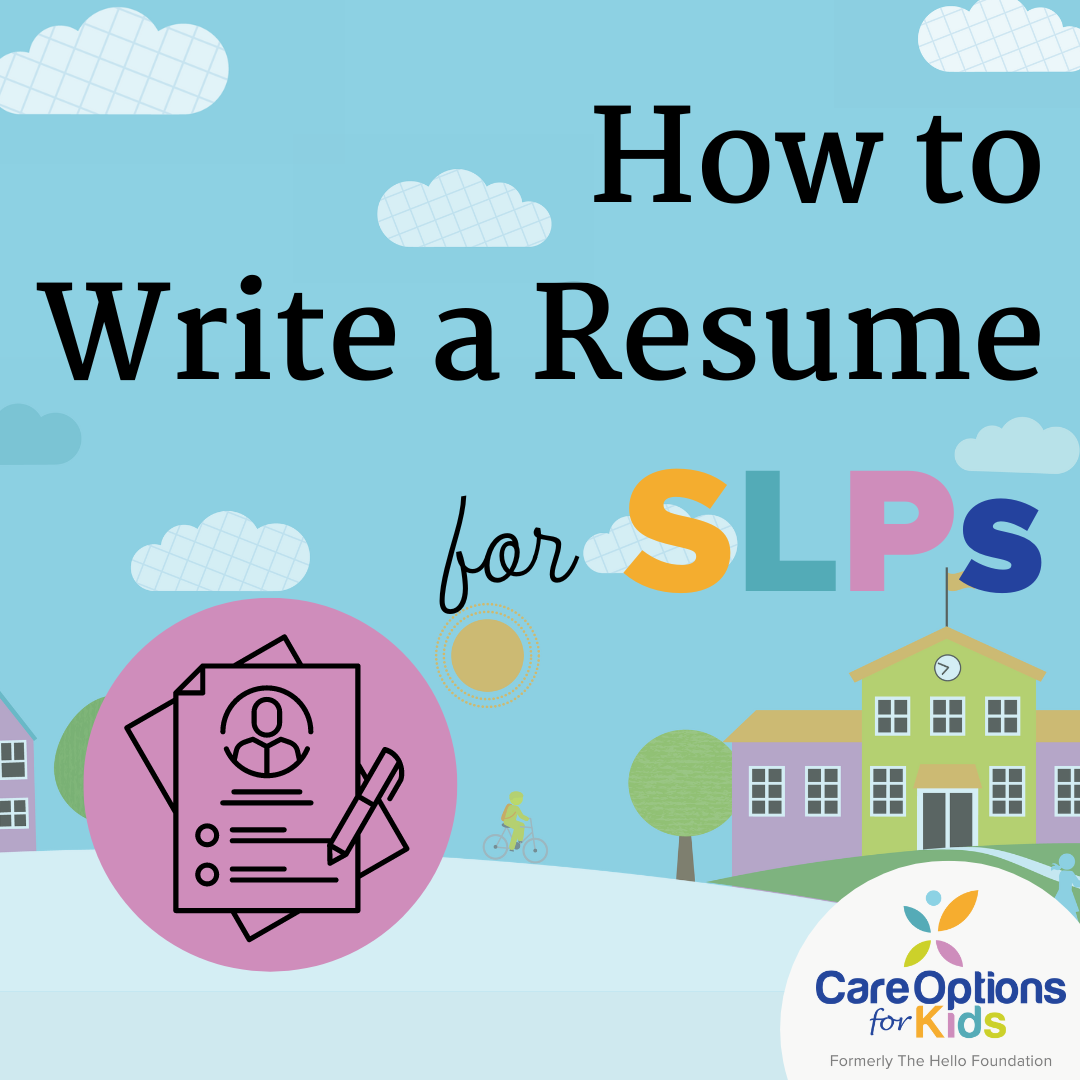
How To Write A Resume For Speech Language Pathologists (SLPs)
February 26, 2024
If you want to land your dream Speech-Language Pathologist (SLP) job, an outstanding resume is the best way to secure it. In our increasingly digital...
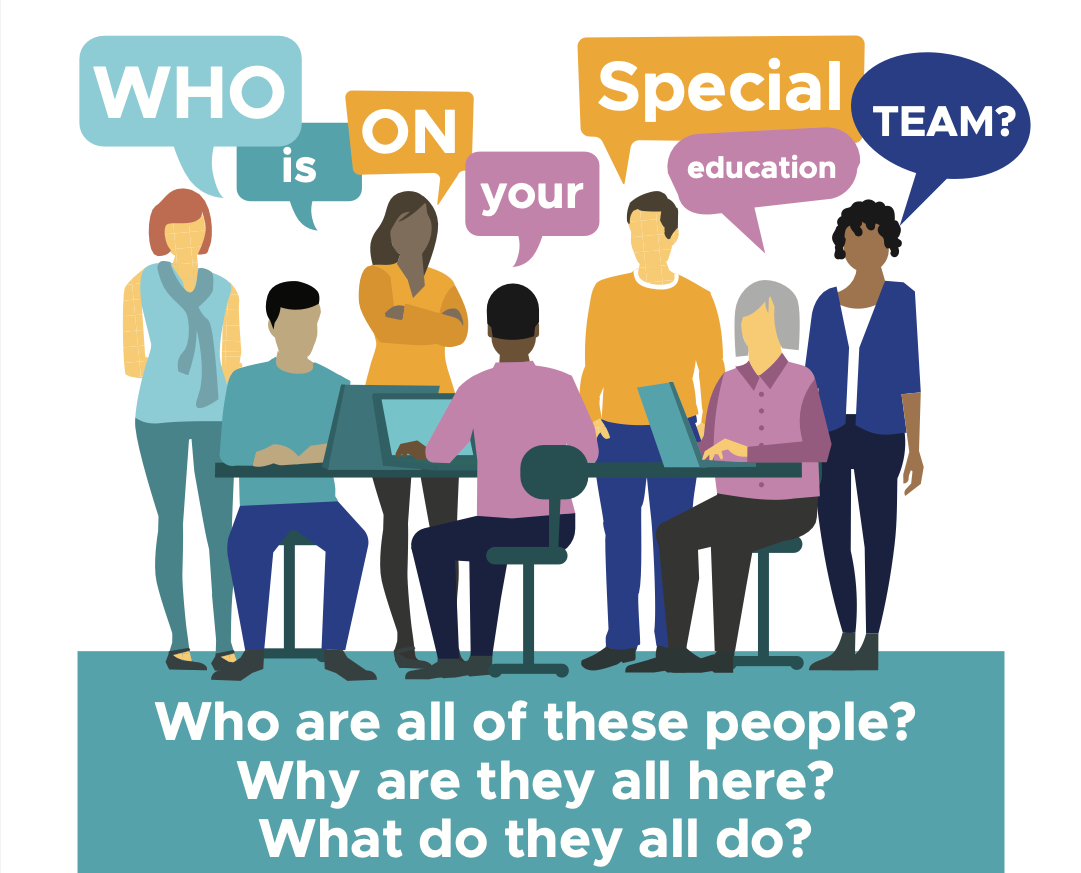
Who Is On Your Special Ed Team? Free Printable
February 5, 2024
Go with me on a journey back in time, won't you? Back to a time when you didn't know what IEP, IFSP, PLEP, PLOD, LRE, CD, SLI, ID, ED, SLD, or any...
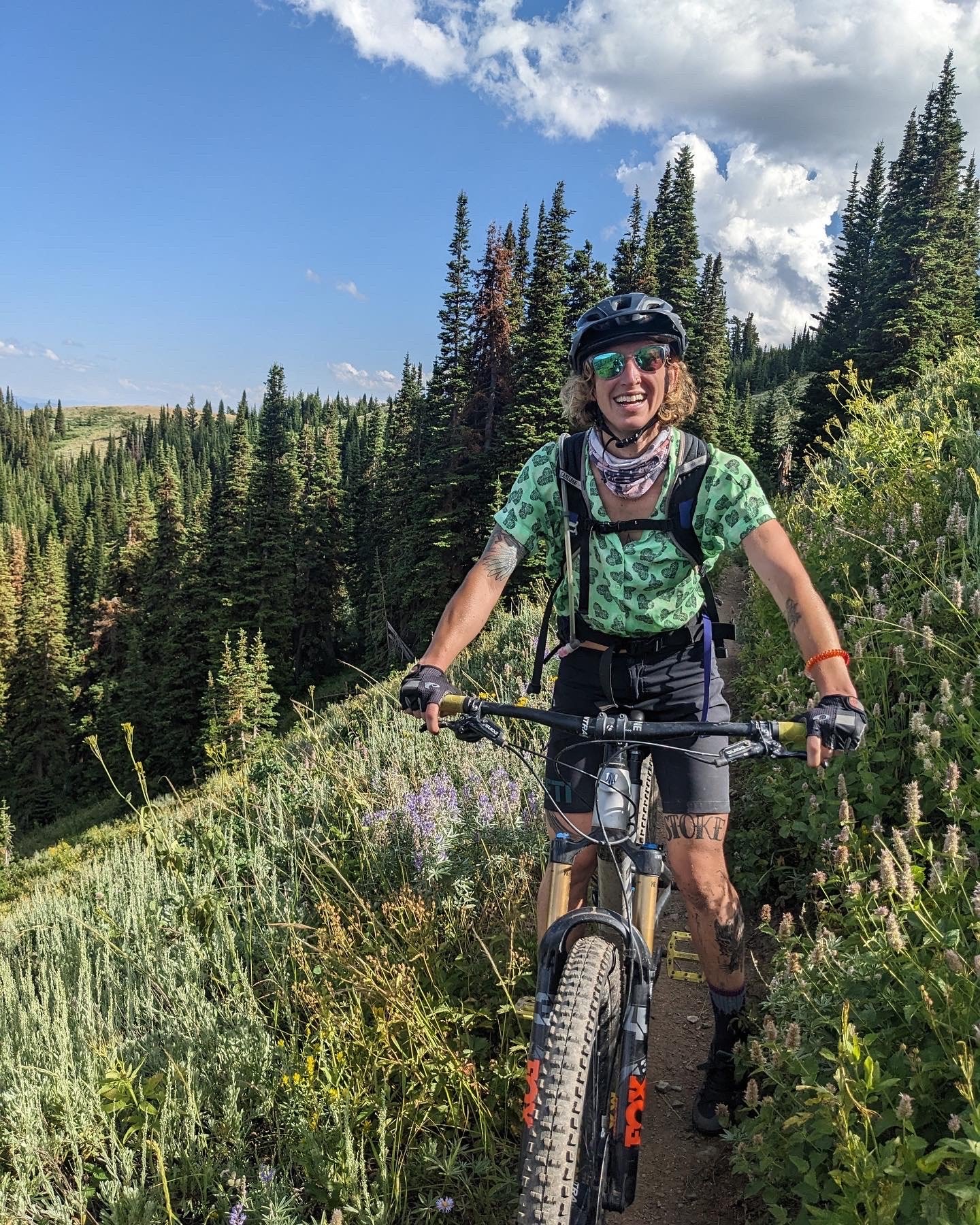
Suzy Gordon’s Experience With AmeriCorps Program Launched Her OT Career
February 5, 2024
Located on 325 acres of farmland in the idyllic town of Albany, New York, sits Triform Camphill Community, one of only two residential communities in...
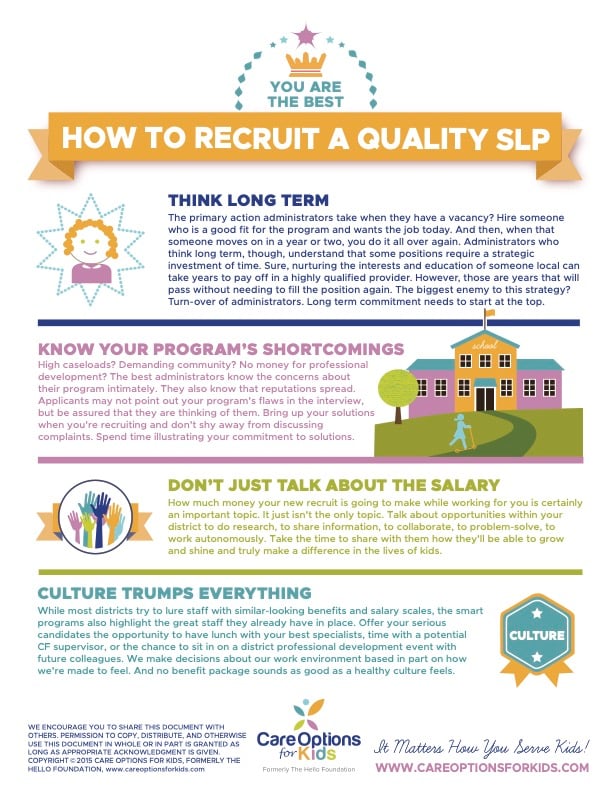
How to Recruit a Quality SLP
February 1, 2024
Are you fully staffed? If your answer is no, keep reading and consider the following four essential tips. Staffing is typically a big to-do item on...
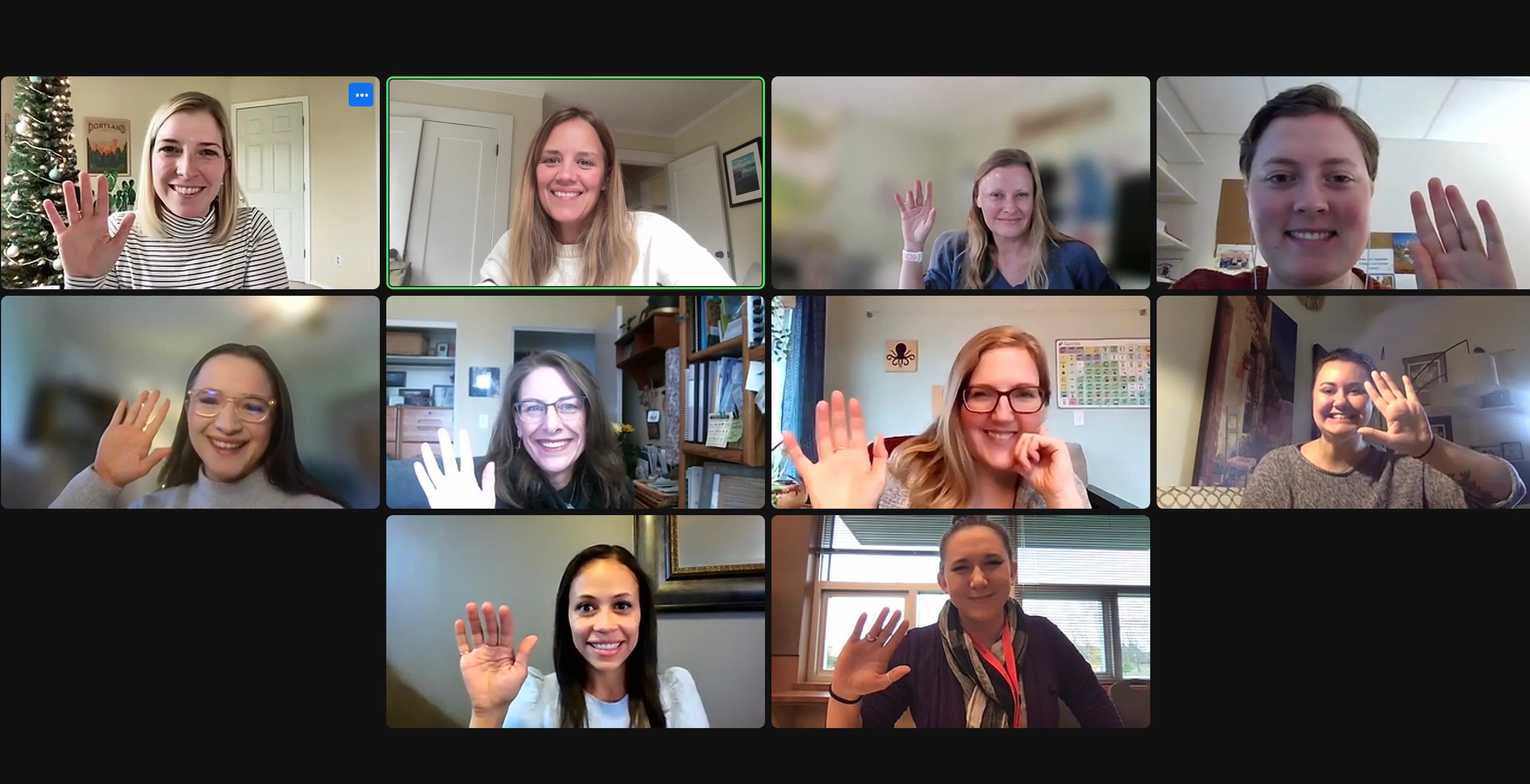
AI Group Share Recap
January 31, 2024
We had an excellent Group Share last month, focusing on the intriguing topic of Artificial Intelligence. To delve deeper into this subject, we...
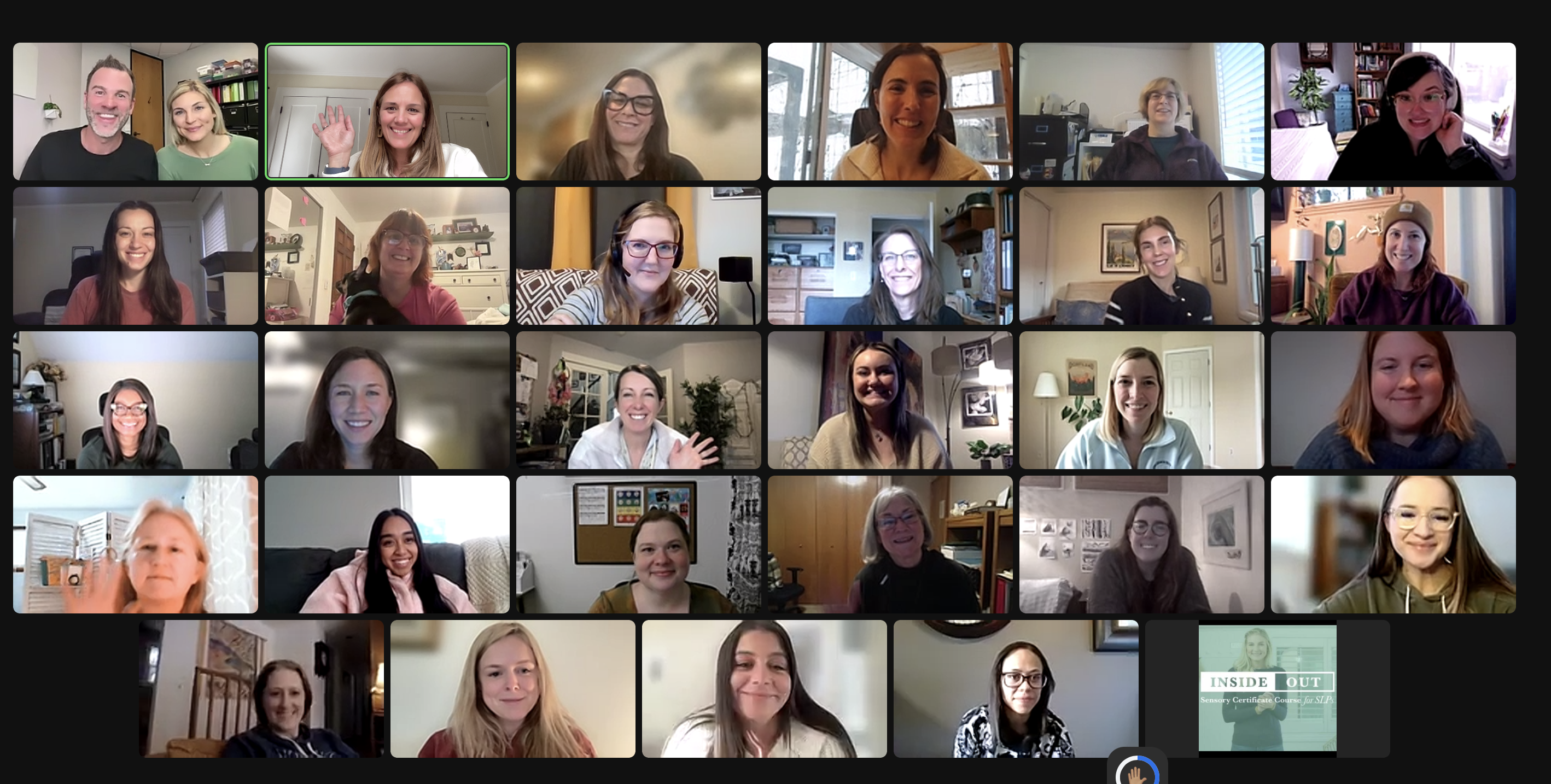
We did it! We had a PD event with the Speech Dude and the Sensory SLP!
January 27, 2024
Chris Wenger (Speech Dude) is a neurodivergent high school SLP and internationally- acclaimed presenter who’s on a mission to improve the way we...

